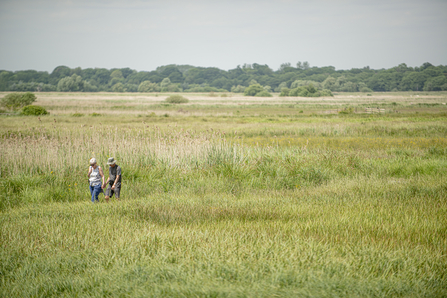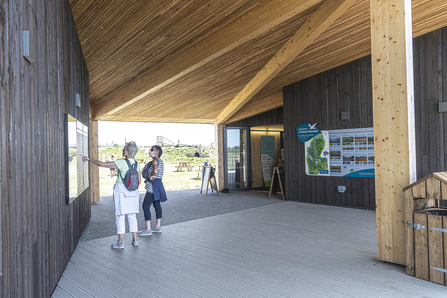Suffolk Wildlife Trust’s ‘Carlton Marshes – Bringing the Broads to Lowestoft’ project has been awarded a grant from the Government’s £40 million second round of the Green Recovery Challenge Fund, a multi-million pound boost for green jobs and nature recovery.
Ninety nature projects across England have been awarded grants from £68,100 to £1,950,000 to create and retain over 1,000 green jobs, backed by the Government’s £80 million Green Recovery Challenge Fund.
Work will be carried out on over 600 sites from North Northumberland to the tip of Cornwall, and combined with the first round, almost a million trees will be planted, contributing towards the Government’s commitment to treble tree planting rates across England by the end of this Parliament.



